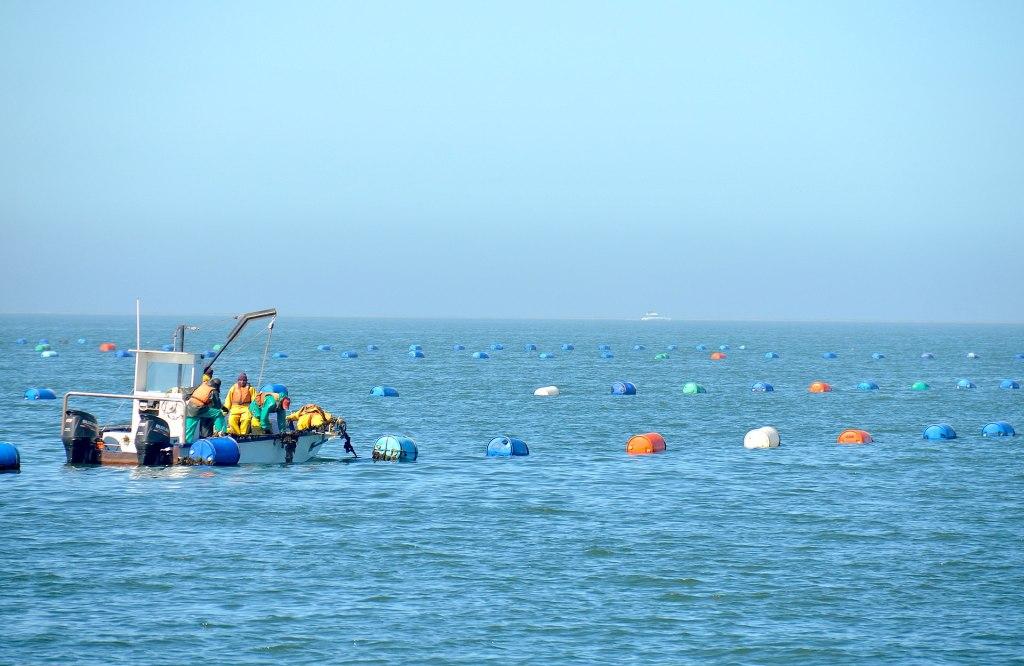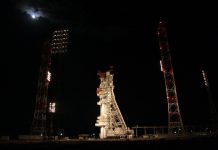Africa-Press – Namibia. NAMIBIA’S continued dependency on agricultural output is under threat on the back of climate change, and to ensure a livelihood for all Namibians, the newly developed Blue Economy Policy should be all inclusive.
The Blue Economy Policy includes fisheries, marine mining, marine and coastal tourism, as well as maritime transport and coastal infrastructure such as ports, towns and coastal industries.
According to available statistics, fishing is one of Namibia’s top industries, contributing about 3% of GDP since 2007 and about 20% of export earnings.
Giving opening remarks at the consultative workshop on the Development of Namibia’s Sustainable Blue Economy Policy, Khomas regional governor, Laura McLeod-Katjirua explained that Namibia’s dependency on agriculture is constantly under threat due to climate change, and as a result, the country has to diversify its portfolio.
“We are experiencing frequent droughts whose devastating effects are low productivity. We therefore, have to explore adaptive mechanisms to diversify our economy,” she said.
The governor added that while Namibia is already reaping the rewards from its aquatic resources, particularly from the ocean, Namibia is further developing its blue economy policy to achieve environmental sustainability.
“Aquatic resources are crucial drivers of our economy. Majority of our goods are transported by sea. We have marine diamond mining, marine tourism, fisheries, desalination, and other untapped economic potentials such as tidal energy, offshore wind energy, pharmaceutical products and biotechnology, while freshwater systems provide opportunity for tourism, food, irrigation and drinking water,” McLeod-Katjirua said.
She added that it is thus imperative to ensure that the efforts of various sectors of the Blue Economy are harmonised to prevent conflicting activities and to ensure maximum economic gains for the Namibian people and environmental protection for ecosystem health.
Also making remarks, Ueritjiua Kauaria, acting executive director of the Ministry of Fisheries and Marine Resources, reverberated McLeod-Katjirua’s sentiments.
“Blue economy differs from ocean economy in that it must include the three pillars of blue economy in order to be considered blue. These are environmental sustainability, economic sustainability and social inclusion. A marine or aquatic business cannot be considered blue economy if it does not minimise its negative impacts on the environment, does not have an inclusive ownership structure, and does not maximise creation of jobs,” he explained.






